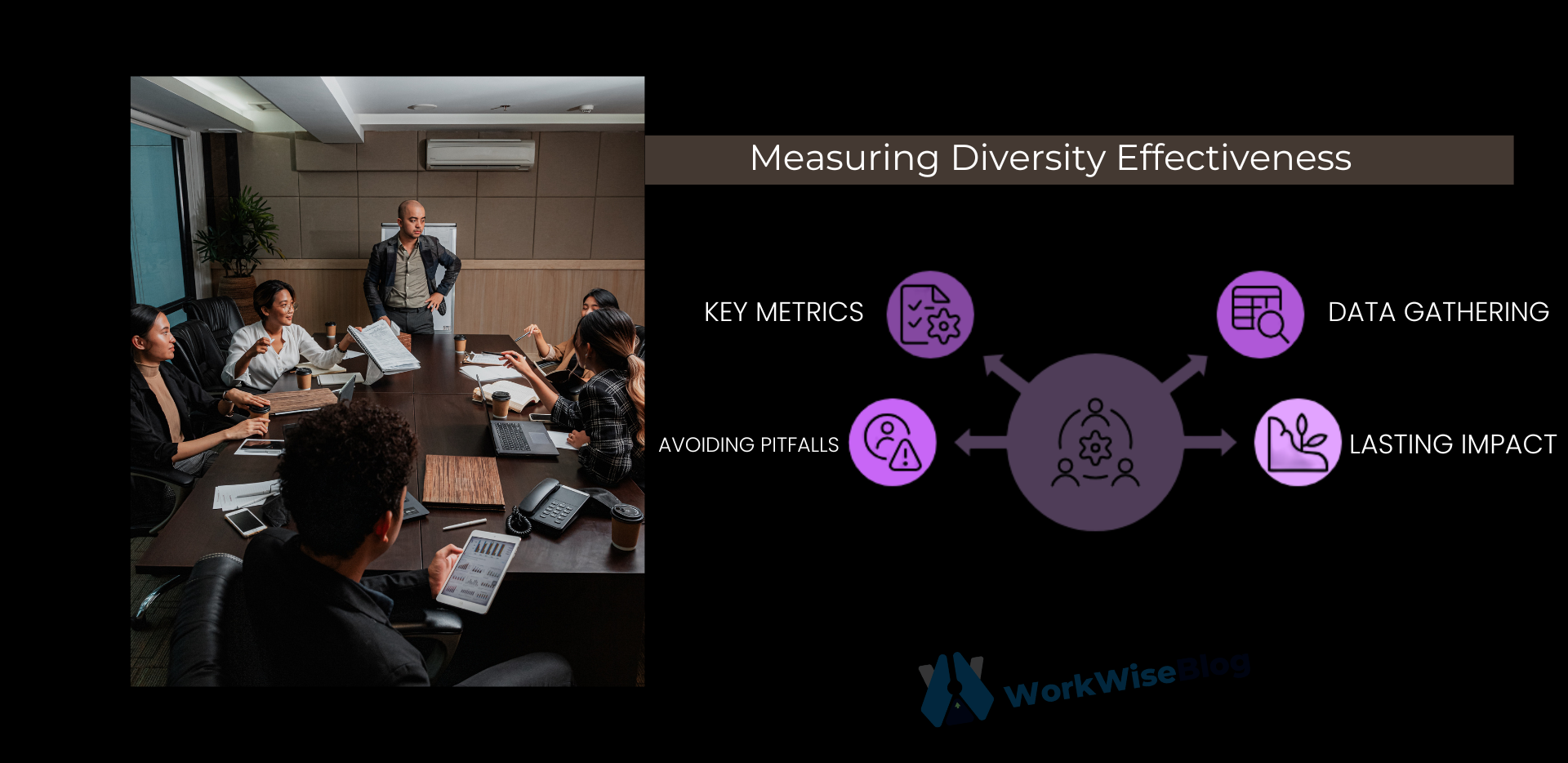Table of Contents

Introduction
In today’s world, building a strong network is more important than ever, especially when you’re starting out in a new industry. Whether you are switching careers or just trying to grow in a different field, networking is key to finding new opportunities, gaining useful knowledge, and building your reputation. But how do you get started?
This guide will show you how to build a network from scratch in a new industry. We’ll begin with the basics and move on to advanced tips that will help you grow and maintain strong professional relationships.
By the end of this article, you’ll have the tools and knowledge to build a network that will support your success.
We’ll also share insights from industry experts, including articles from Indeed, LinkedIn, BetterUp, Forbes, and Indeed (US). Let’s get started on your networking journey!

Why Networking Matters
Megaphones and business cards are not what networking and networking events are all about. It is much more than attending events or meeting people on LinkedIn. Rather, it is about developing trust-based relationships that will help in your professional development and acquiring knowledge within the field and possibly also earn you a new scope of work.
Actually counting the job vacancies that are gotten through networking as something in the range of 70-80%. The potential of a network is in the fact that it enables the individual to gain access to opportunities that would otherwise be unavailable.
For instance, a study by LinkedIn established that 85% of all job opportunities are filled through a network. This enables one to understand the scope of the job market, there are certain positions that one can not get with skills alone but with proper contacts.
No matter whether it’s about changing a career field, looking for an advisor, or applying for a job – everyone should use the skill. This is how you can begin to do this the right way.

Benefits of Professional Networking
Before we get into how to network, let us first see why this activity is worth your efforts.
Career Opportunities
Networking in this sense, means getting in touch with persons who may assist you in securing employment, business partners, or even getting references. A survey by Forbes reveals that about 80% of professionals believe it is essential to have a network.

Knowledge Sharing and Insights
With a broad network, you are in a position to receive information regarding development as well as potential opportunities. Your contacts can provide you with useful information that would take you a while to learn.
Personal Branding and Credibility
For instance, by participating in networking activities, one is seen as a more sociable, knowledgeable, and dependable individual. With time, one becomes a recognizable name in the profession.
Support and Mentorship
Networking is also about courage and execs who can assist in one’s expansion. Whether one is looking for assistance one’s career shift or a new sector, mentors and colleagues can always be relied on in difficult times.
Preparing for Networking: Laying the Foundation
Before throwing yourself into the networking water, you should be properly prepared. This includes both the mental and the professional aspect.
1. Set Useful Expectations for Your Network
What do you hope to achieve from these new industry contacts that you are working on? Hopefully, job opening, some advice or even someone to look up to – these are all good examples of your goals.
Example: If you’re entering tech then perhaps your aim at the end of the day would be to connect with developers and other professionals helping you get over the rough patches.
By defining irritatingly clear objectives that you have, High level Networking will be an easy task for you as it typically takes weeks to rope in clients who clearly don’t extend any relation to what you are offering.
2. Fine-Tune and Polish Your Social Media Profiles
We live in a highly systemic and formalistic time period where your social media pages have, unfortunately, become your professional identity. Don’t rush into connecting with others before ensuring that you have updated your LinkedIn, portfolio, website etc.
Key take away: If you are going to switch industries then do your best to showcase on your new contacts profile the key elements of your story such as your key projects, relevant skills and certifications, all demonstrating your expertise and impressive knowledge of the industry.
3. Know What An Elevator Pitch Is
In any networking situation, having an elevator pitch works perfectly to your advantage and can be the difference you need. An elevator pitch is a brief:
- crisp summary of who you are?
- what do you do?
- and what you’re looking for.
How to Build a Network from Scratch
With the understanding that teams for a new industry require some time and effort to build and that they can be set up in phases, let’s discuss the starting point.
There are many places where you can go to meet and interact with industry players. Some of the effective ones are listed below.
Educational Institutions
Educational institutes such as universities and even alumni associations are indeed eternal sources of help, especially for someone who is on the verge of interchanging their profession and has little experience.
If you are fresh from reliable sources or are currently in some courses, you may be able to utilize these groups to reach your targeted niche of experienced professionals.
Expand your knowledge on how to network with alumni.
Social Networking Sites
LinkedIn remains the best social media handle ever for professional networking as this is where professionals go to:
- offer and seek insights
- engage in discussions about trends
- and meet new people
- And, yes, Facebook groups or Twitter chats can also be classified as real-time networking.
Read how LinkedIn Help Career Networking to grow reputable professionals.
Strong Engagements with Professional institutes and their Conferences
It is also common for organizations centering on particular industries to have events, webinars, and meetings known as conferences. The places are the best places for getting contacts in a particular field, getting information from the leaders in the industry, and increasing the resources available through one’s connections.
Online Communities and Forums
Professional networks can be achieved through various social media platforms such as Slack, Reddit, or forums dedicated to specific industries. These networks can be strengthened by participating in forums, raising questions, and providing answers.
Coworking Spaces
Nonetheless, for those who are self-employed and budding entrepreneurs, coworking spaces can provide great networking opportunities. As such spaces are inherently social in nature, the risk of meeting new people for the first time is less.
Cold Outreach
The social sphere is constantly evolving and connecting with people you’ve never met before should surely go into your options. Wrapping up with a short albeit, effective message in a personalized way goes a long way and could prevail in a series of beneficial discussions.
Leverage Personal Connections
One of the most effective ‘networking’ options is donning the resources you have bearing in mind that there are not many Thank you’s that can be given to family, friends, colleagues, or even acquaintances when transitioning into a new area or industry skillfully.
Example: In case you’re venturing into healthcare, a friend who works in that field may be able to connect you with an administrator at a hospital or an owner of a clinic, thus allowing you to find opportunities in that field quickly or find a mentor.
Networking Apps and Tools
Here’s a list of additional networking tools and apps to help you connect effectively with professionals across industries:
Virtual Meeting and Collaboration Tools
- Zoom: Recommended for virtual networking events, webinars, and private 1-on-1 client meetings.
- Microsoft Teams: Primarily used for workplace interactions but also useful for professional group interactions.
- Slack: Join industry-specific Slack communities to network and socialize with other members.
Event and Meetup Platforms
- Meetup: Offers opportunities to find networking events, both in-person and online, tailored to your interests.
- Eventbrite: Helps locate professional events, lectures, or workshops of interest, whether nearby or available online.
- Hopin: Designed to enable participation in virtual symposiums, trade shows, and professional gatherings.
Industry-Specific Tools
- AngelList: Perfect for connecting with startups, entrepreneurs, and investors in technology and innovative sectors.
- Behance: An ideal platform for designers, writers, photographers, or artists seeking collaboration and exposure.
- Dribbble: Focused on designers, Dribbble helps establish connections with specialists and clients.
Mentorship and Connection Apps
- Lunchclub: Uses Artificial Intelligence to connect people with similar goals and interests.
- MentorCruise: Facilitates one-on-one networking with industry mentors for guidance.
- ADPList: Enables mentees to reach out to industry-specific mentors for tailored advice and networking opportunities.
Content Sharing and Engagement
- Twitter (X): Engage using influential industry hashtags to find and participate in discussions.
- Medium: Write or read articles to connect with like-minded professionals.
Growing and Sustaining Your Network
Once you have started constructing your network, it is important to maintain these relationships. Networking does not cease to be active after the event; it simply transforms.
1. Interact Constantly
Contacts should not be gathered alone; they should be used and worked on. Let the people know about your accomplishments, promote interesting materials, or simply pose some intelligent questions. The essence of the matter is to be actively in the minds of your contacts and their networks.
2. Be the First One to Create Benefit
Networking is and should be a reciprocal kind of undertaking. Instead of just requesting someone to do something, try to inquire what can be done for them. Whether it is forwarding interesting material, making an introduction, or giving supporting material, providing values is important since it enhances relationships.
3. Make Certain that You Keep Your Profile Current
In our fast and rapid world, it is important to focus on maintaining an active online presence. For example, LinkedIn, portfolios, or loose websites are similar to those where new skills, undertakings, and achievements are showcased; hence, they should be updated regularly.
4. Be Ready to Learn New Things
As new challenges arise in networking tools and methods, so should the need and the willingness to accommodate new technologies. In particular, Clubhouse and Twitter Spaces may be particularly suitable for those working in a specific industry in the course of networking.
Common Networking Mistakes to Avoid
Using a One-Sided Approach to Networking
Building a network only when there is a specific need to do so is a mistake since it is only using networking to ask for favors.
Not Following Up Later
It is imperative to send a follow-up message after an initial communication. This can be a simple thank-you note that can strengthen the bond.
Lack of Realness
Being real is necessary for networking to work. No one wants to interact with a person who claims to be genuine, whereas all he wants is to gain something temporary.
Not Cultivating Relationships with Old Associates
Do not be too quick to abandon the people with whom you have relationships already formed. A good relationship with former coworkers is likely to work for you in the future even if it does so after some time has gone by.
Conclusion
Building a professional network isn’t just about meeting people—it’s about creating real connections that help you grow in your career. Networking takes time and effort, but it’s worth it when done with clear goals and genuine interest.
Use the right tools, join events, and have meaningful conversations to build a strong network. Your network is more than just a list of contacts; it’s a support system that can guide you and open new opportunities.
Whether you’re looking for advice, jobs, or knowledge, the connections you make today will help you in the future. Start now—because the best time to build your network was yesterday, and the next best time is today!
FAQs
How do you start building your network?
To build your network, connect with people who can help you grow. Look for contacts online, ask your current network for referrals, and join networking events. Focus on your passions, offer help first, and add value to relationships. Building connections takes time, but genuine efforts matter.
How do you build a network in the IT industry?
Start by setting clear goals and knowing your value. Reach out to thought leaders and use your current connections. Find relevant online and offline spaces, practice your pitch, and approach people confidently. Networking in IT needs patience and consistency.
How do I create a network for a new job?
Research the people you want to connect with, including their roles and interests. Find common ground to start conversations. Ask thoughtful questions and show genuine interest to build meaningful relationships.
How do I start a new network?
Place your router in a central spot for better signal. Set up security settings and use access points if needed. Once ready, connect all your devices to create a secure and stable home network.













